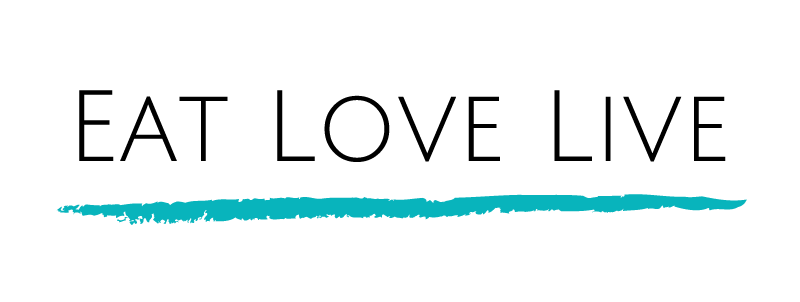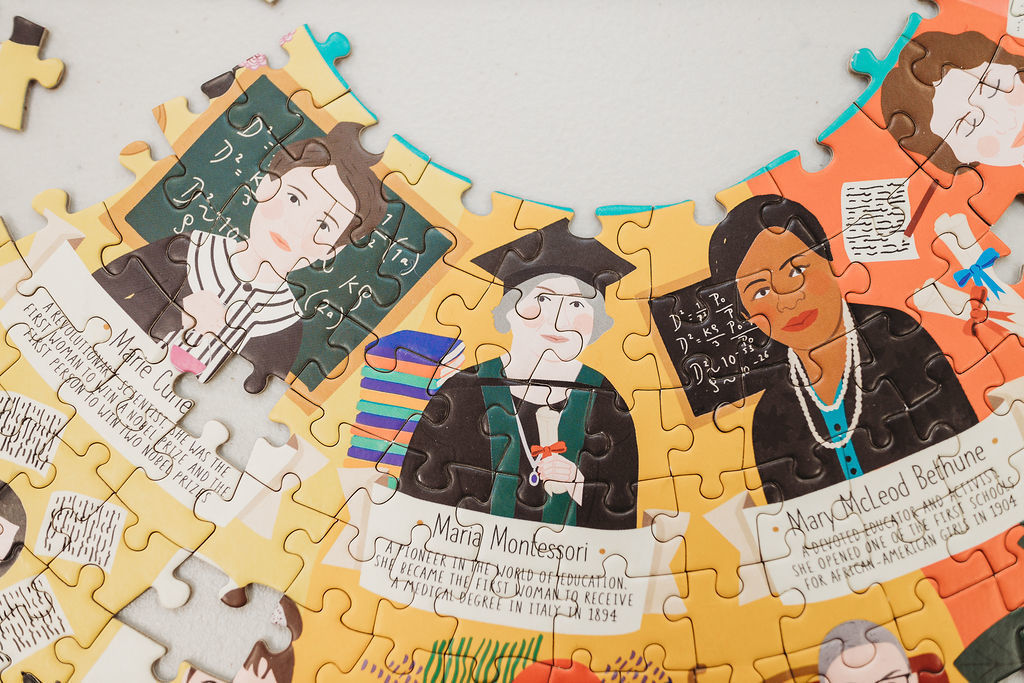Understanding a Commonly Misunderstood Eating Disorder
At Eat Love Live, we believe everyone deserves a peaceful relationship with food, no matter what that looks like for them. For many, however, food can feel overwhelming—not because of body image concerns, but because eating itself feels unsafe, uncomfortable, or even terrifying.
If that sounds familiar (for you or someone you love), you’re not alone. You may be experiencing something called Avoidant/Restrictive Food Intake Disorder, or ARFID—a real, valid, and often overlooked eating disorder.
So, What Is ARFID?
ARFID is an eating disorder marked by an extreme avoidance or restriction of food—but unlike other eating disorders like anorexia or bulimia, ARFID isn’t about weight, shape, or body image.
Instead, people with ARFID may:
-
Feel intense fear around choking or vomiting
-
Have a heightened sensitivity to textures, smells, or tastes
-
Have very little interest in eating or food altogether
-
Experience significant anxiety or distress when trying new foods
And this avoidance leads to real-life impacts—like unintended weight loss, nutritional deficiencies, or needing supplements or tube feeding to meet nutritional needs. But perhaps most painful are the social and emotional effects: missing out on birthday cake, family dinners, or feeling left out at school lunches.
“Picky Eater” or Something More?
Let’s be clear: ARFID is not just “being picky.”
This is about much more than preference. It’s about nervous system sensitivity, trauma histories, and sometimes co-occurring conditions like autism, ADHD, or anxiety. What might look like a child “being difficult” is often a genuine struggle to eat safely or comfortably.
People with ARFID often want to eat more freely—but the fear or disgust is so real and intense that eating feels impossible.
Who Can Have ARFID?
Anyone. ARFID isn’t just something that affects kids (though it often begins in childhood). Teens and adults can struggle with it too—even people who’ve never had concerns about their weight.
It can show up across all genders, body sizes, and cultural backgrounds.
What ARFID Is Not
Let’s bust a few myths:
-
ARFID is not a choice.
-
ARFID is not about vanity.
-
ARFID is not something you can “just grow out of.”
And no—it’s not always obvious. Many people with ARFID don’t “look sick” or show signs others might expect. But the internal struggle is just as real.
Healing Is Possible
If you or a loved one is struggling with food in ways that feel rigid, restrictive, or scary, we want you to know: help is out there. And no, you don’t need to be underweight, or have a certain diagnosis, to deserve that help.
Treatment for ARFID often involves a compassionate, multidisciplinary approach—working with therapists, dietitians, and sometimes medical providers who understand how to gently support nervous system safety, food flexibility, and emotional regulation.
At Eat Love Live, we use trauma-informed, neurodiversity-affirming care that honors your individual experience and helps build trust with food—step by step.
You Deserve Nourishment—On Your Terms
If ARFID is part of your story, you’re not broken. You’re not failing. Your nervous system is just doing its best to keep you safe—even if it’s making eating feel hard.
We're here to walk beside you, with curiosity, compassion, and zero judgment.
You deserve a life where food isn’t scary—and healing is possible.
If you think you or a loved one might be struggling with ARFID, we’re here to help. Reach out to our team to learn more about how we support individuals with ARFID and other eating disorders with compassion-first, weight-inclusive care.
You are not alone. You are not too much. And it’s okay to start small.

